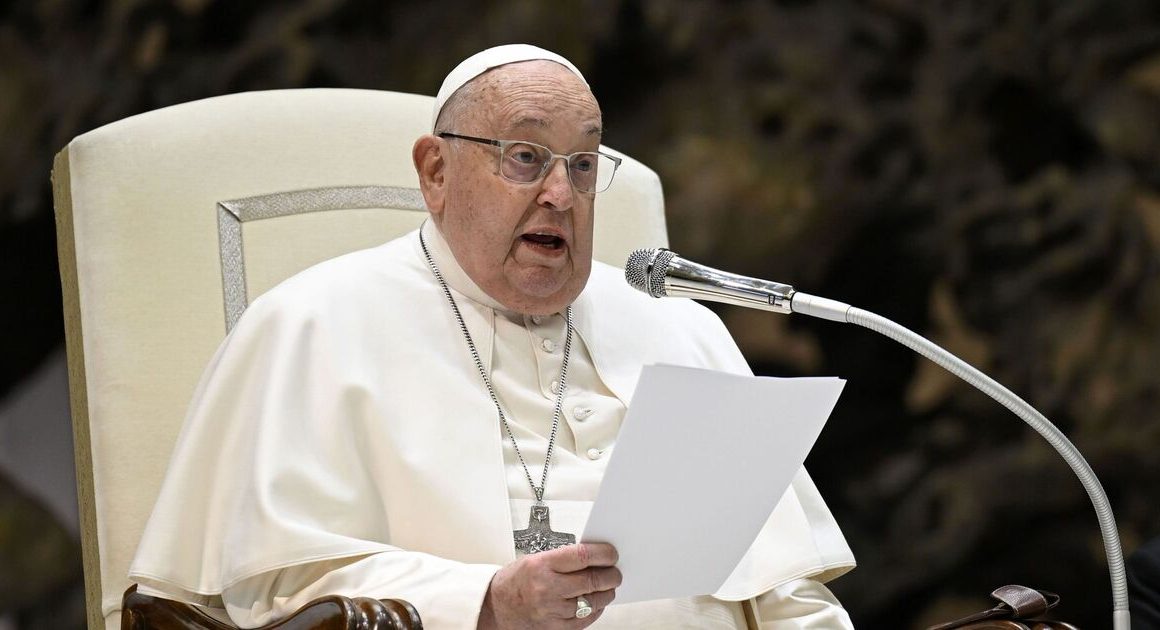US President Donald Trump has been nothing but vocal about his feelings towards Ukrainian President Volodymyr Zelensky. Just this week, after speaking at a Saudi-backed investment meeting in Florida, Trump accused the Ukrainian leader of being a “dictator”.
The president publicly accused Ukraine of starting the war with Russia , a war that began with a full-scale invasion in Ukraine almost three years ago.
World leaders have reacted in horror to the about-turn in US policy, with Trump seemingly now siding with Putin. German chancellor Olaf Scholz said Trump’s most recent comments about Zelensky were “false and dangerous.”
Meanwhile, Trump’s Secretary of Defence Pete Masgeth also raised eyebrows when he claimed the US is “no longer primarily focused on the security of Europe” – seemingly going against NATO protocol.
And General Sir Alexander Richard David Shirreff, former Deputy Supreme Allied Commander Europe, believes what has happened in the last few days puts Europe on a dangerous footing.
He told Times Radio: “I think the events of the last week have made the likelihood of war with Russia within the next three to five years much, much more likely.”
The former NATO commander suggested that Putin is “not going to stop” with Ukraine and could turn his attention to the Baltic states of Estonia, Latvia, Lituania. He continued: “Once he’s achieved his aims in Ukraine, he’s not going to stop. He’s already started in Moldova, Georgia and with electoral manipulation in Romania.
“I think he will turn his attention to the Baltic states which were part of the Soviet Union. Putin, like other Russians, will think of the Baltic states as belonging to Russia.”
Shirreff continued: “Where does that take us? They are close allies of this country and the rest of the European nations, and therefore that means that we will almost certainly be in a state of war with Russia over that if they try to have a go at the Baltic states.”
The events he is referring to are when Estonia, Latvia, and Lithuania officially disconnected their electricity systems from Russia’s. This action was an attempt to seek closer ties with the European Union and provide better national security.
As Trump decides to switch sides in the middle of a war, it sets another example of the US rejecting the international system of alliances and friendships in place. These relationships have helped to defend democracy, and Trump’s unpopular views could have a terrifying impact.








